Description
VEGAN
SOURCE
OPTIMAL
ABSORPTION
SCIENTIFICALLY
FORMULATED
MADE IN
AUSTRALIA
TUMMY-
FRIENDLY
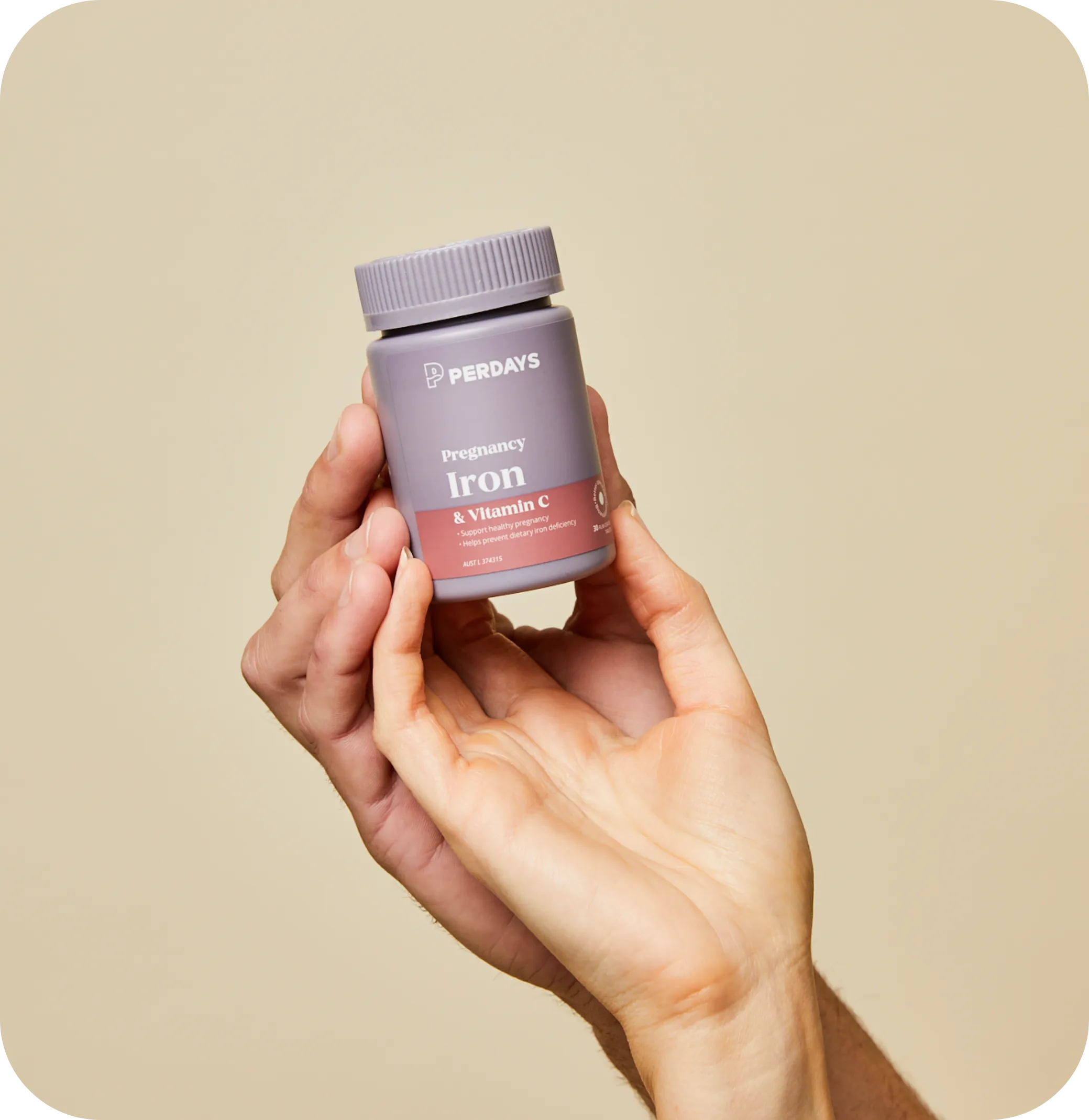
For your pregnancy support

Enjoy a healthy pregnancy
Support healthy pregnancy with one tablet a day
Peace of mind in just 1 tablet
Support a healthy pregnancy with our one-a-day tablet.
24mg of highly bioavailable, more absorbable iron.
125mg of vitamin C to further support your healthy pregnancy
Contains Iron II bisglycinate. A superior form of active iron.
There are many reasons to love us
Here’s what our mums say
Our Experts Know Best
Our Experts
Know Best
See the research they cited to help formulate our Pregnancy Iron.
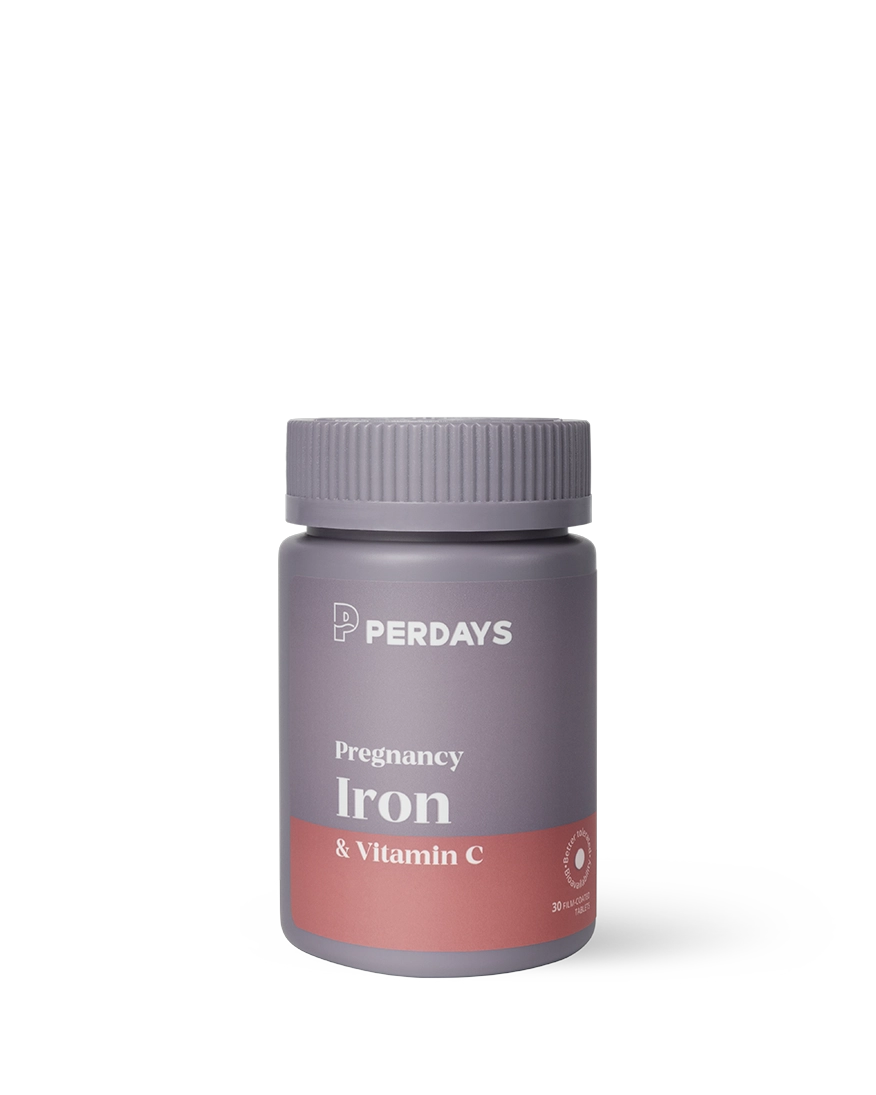
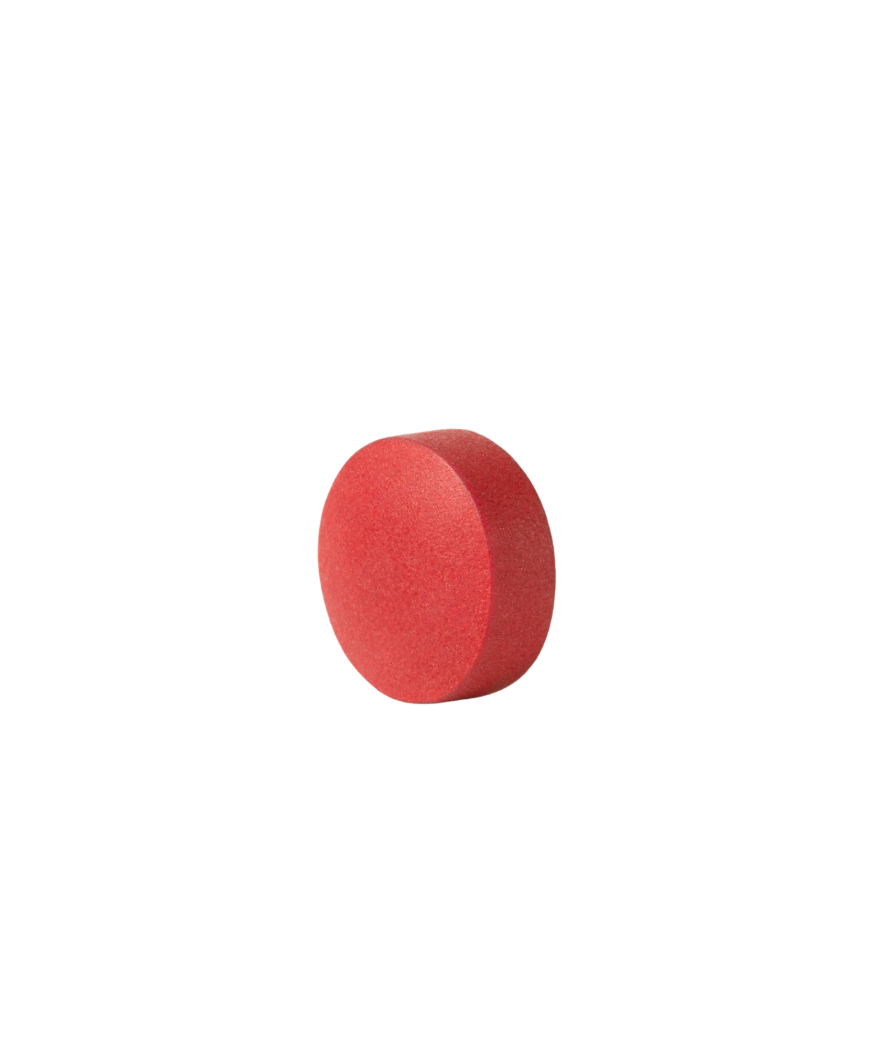
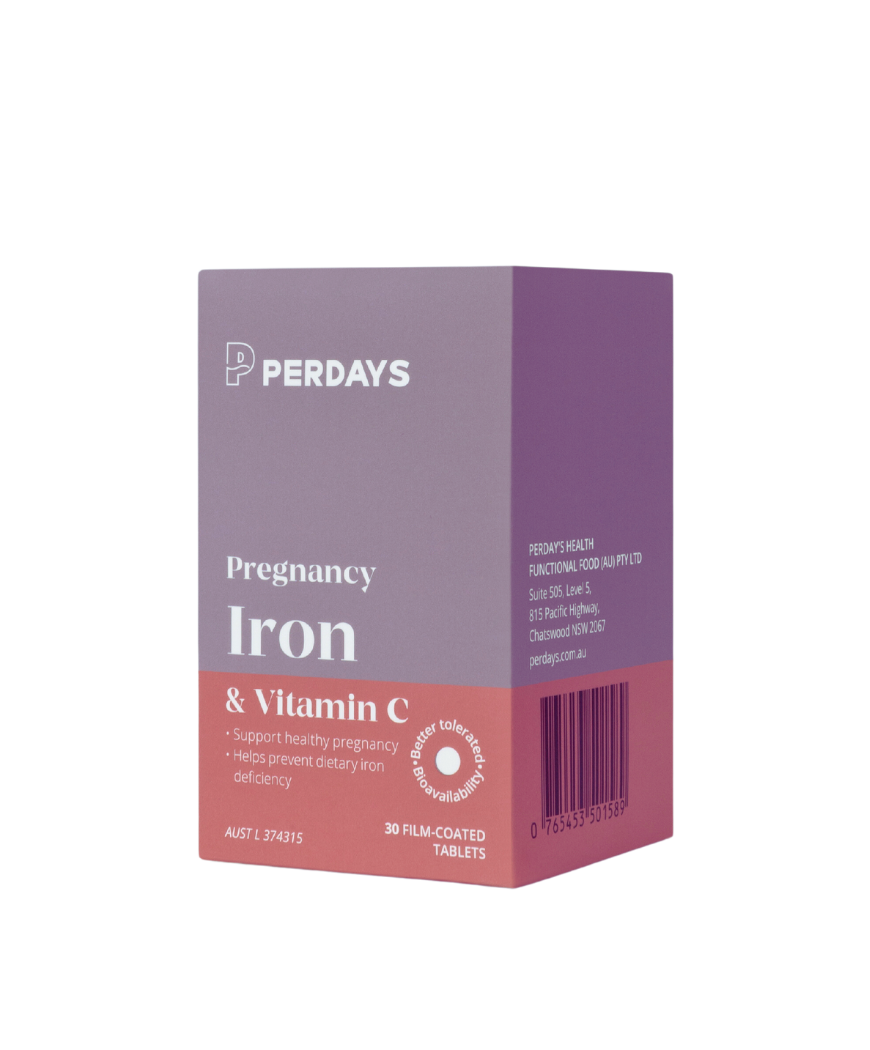
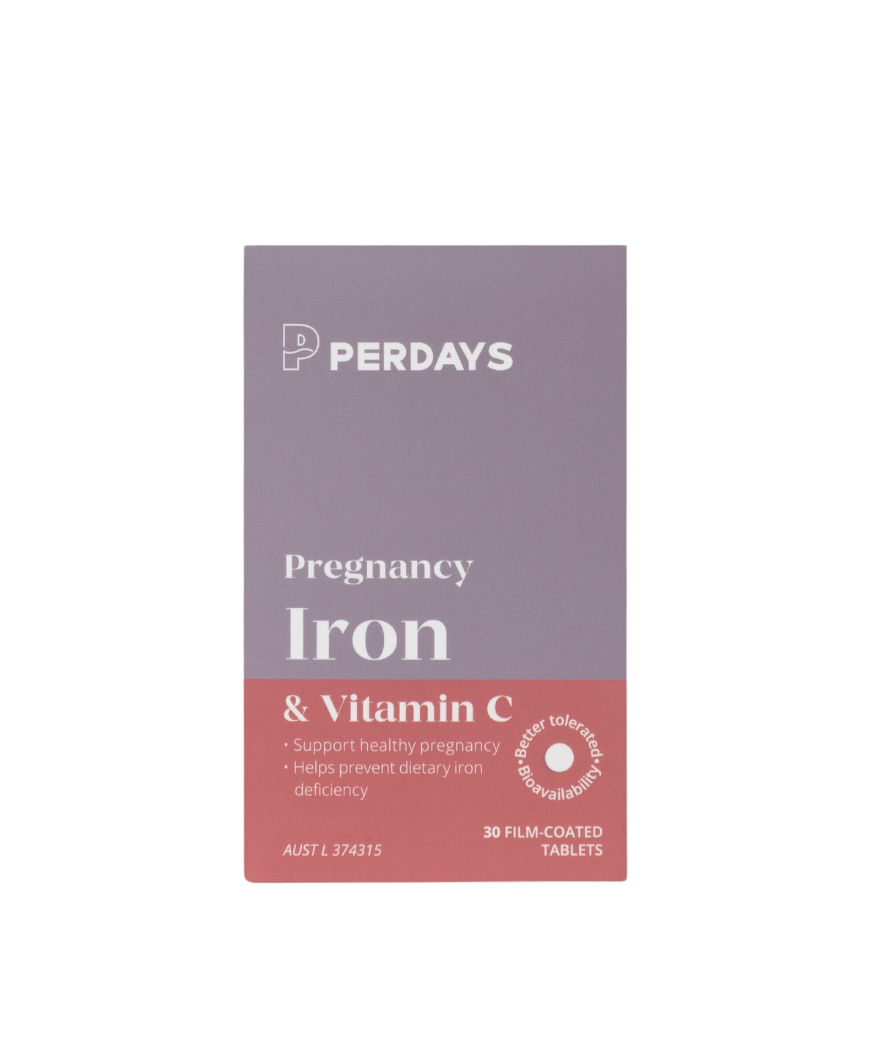
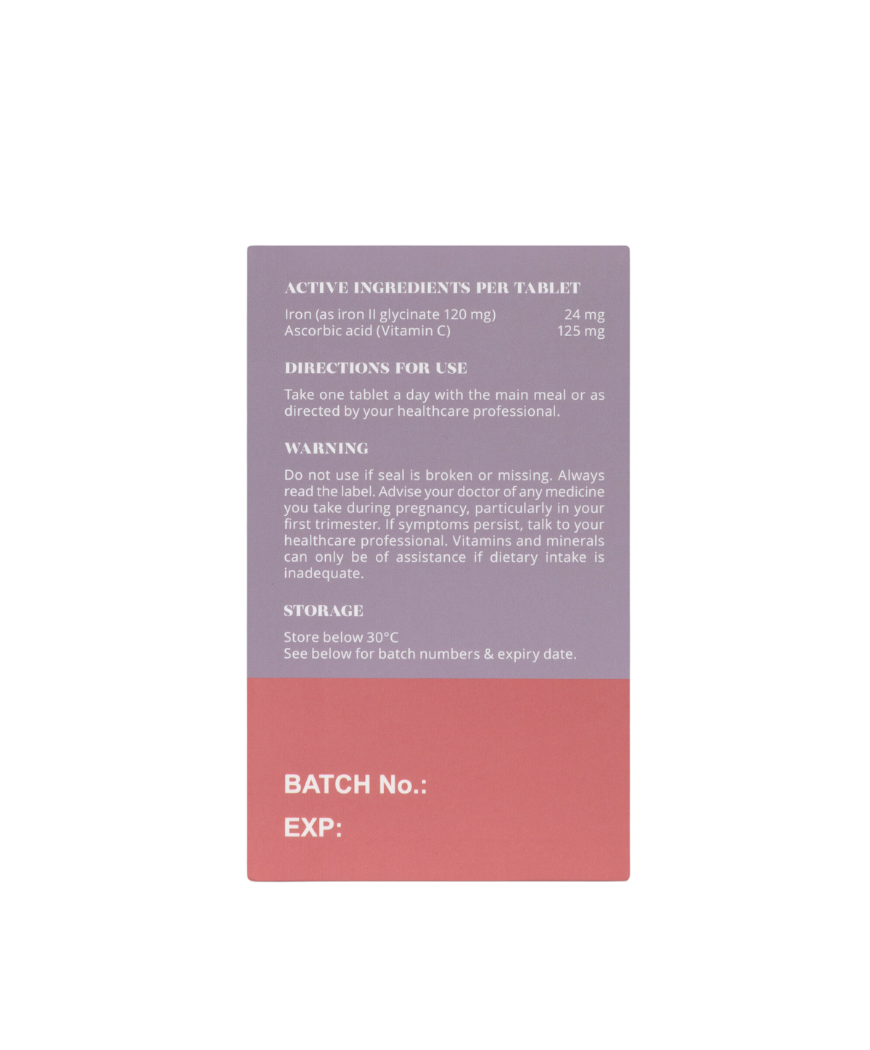

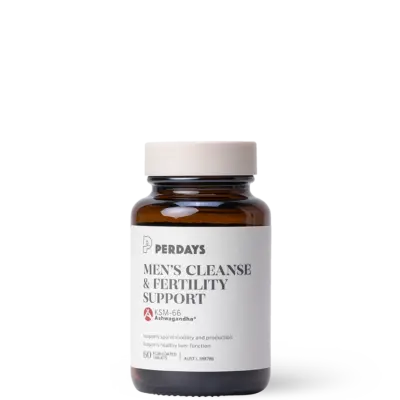
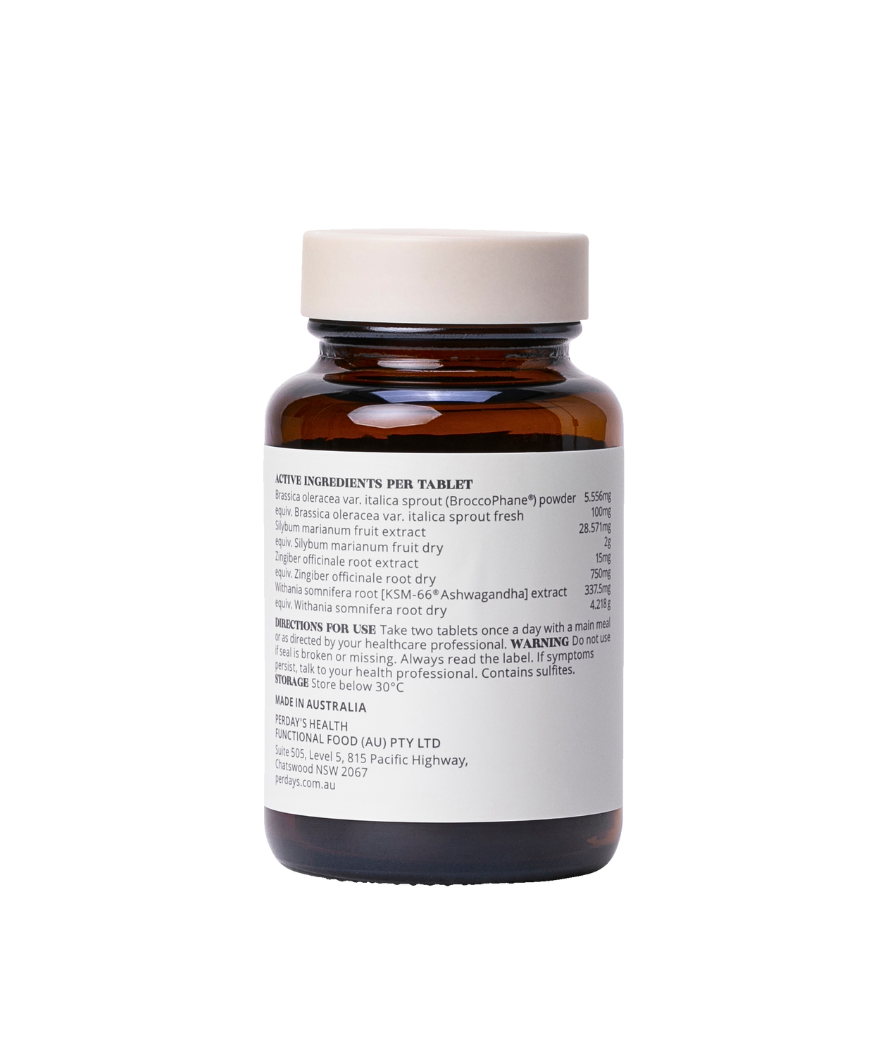
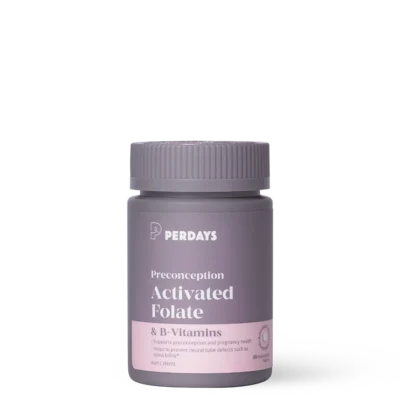
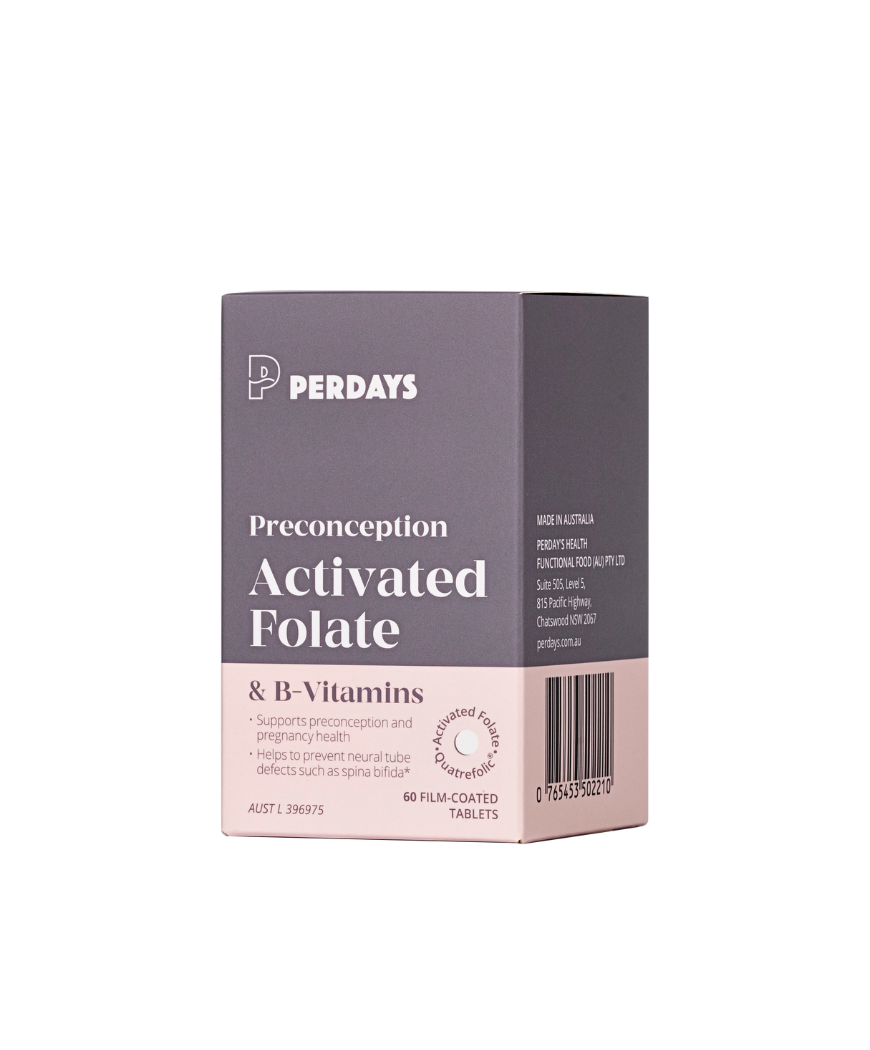
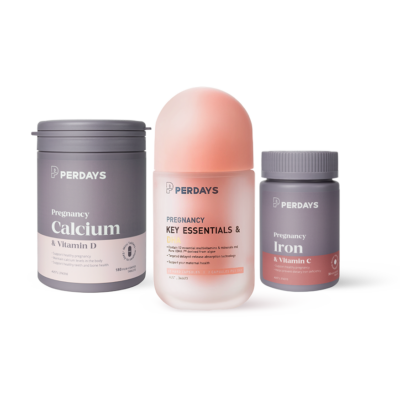
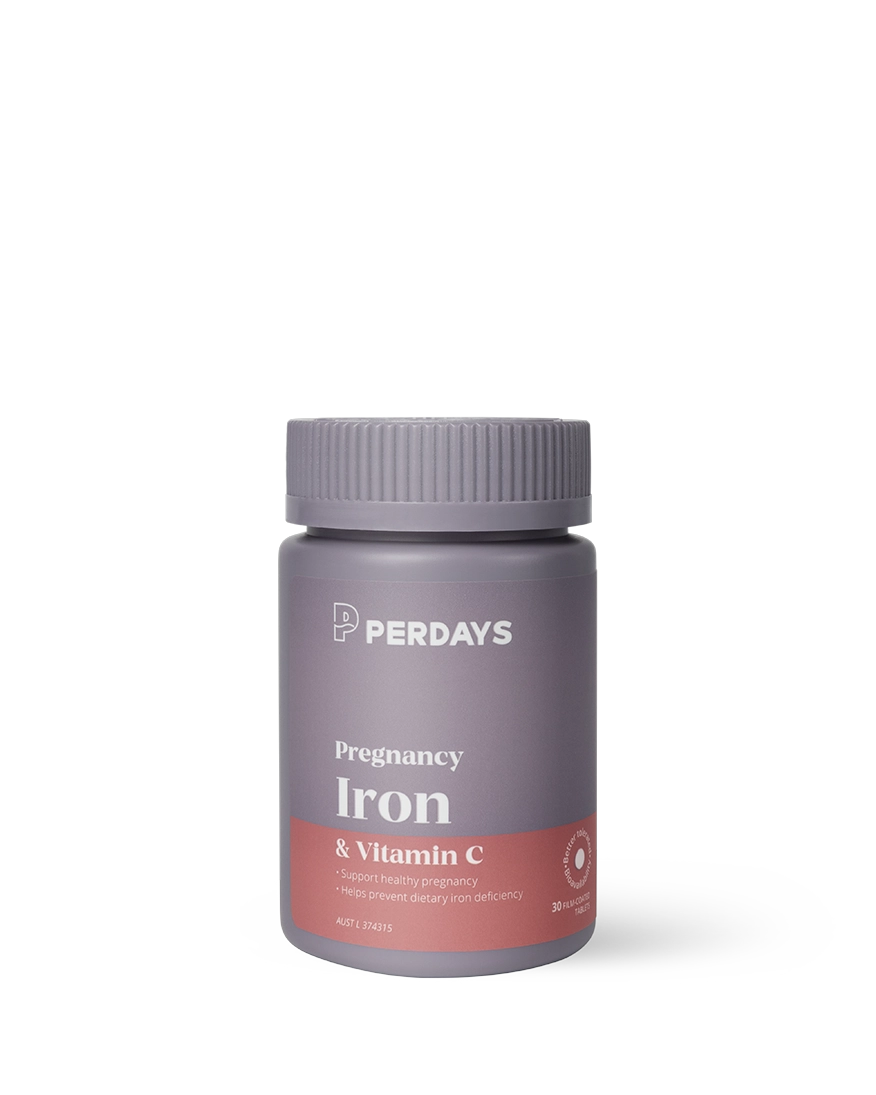

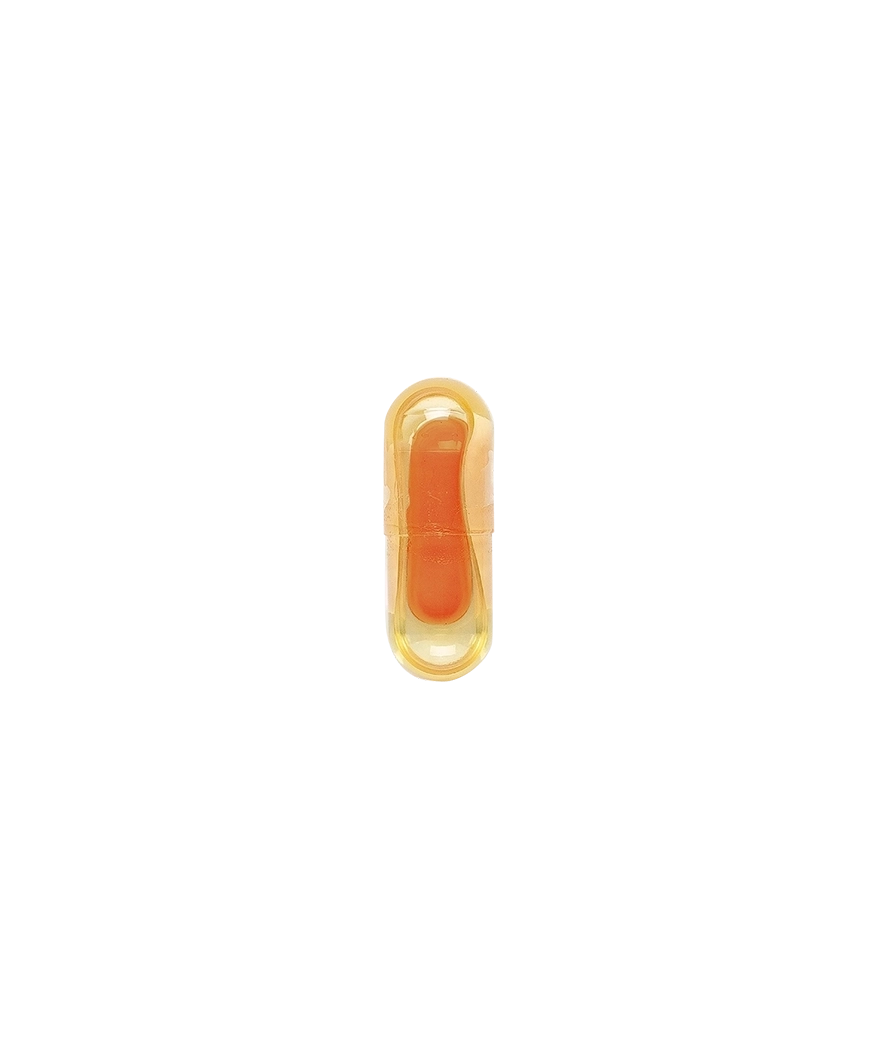

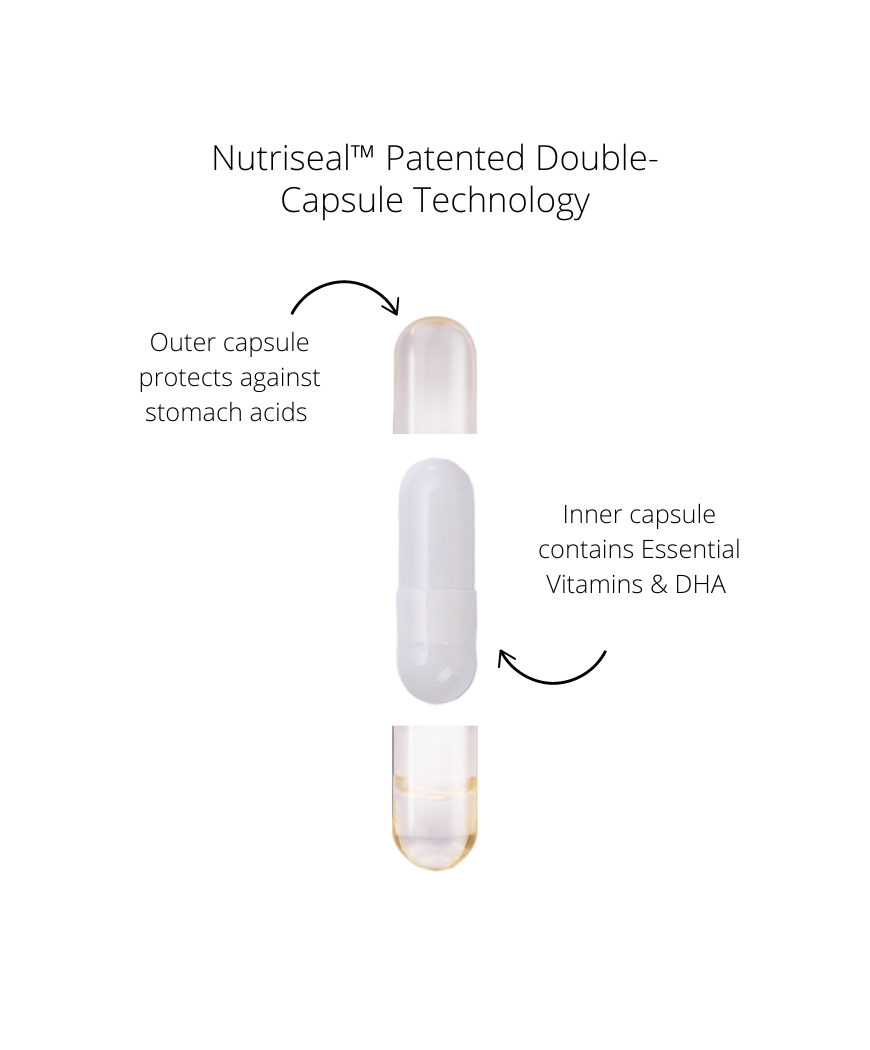

Callan Hair (verified owner) –
Courtney (verified owner) –
Perfect for pregnancy and doesn’t leave you constipated.
Verified Buyer (verified owner) –
I usually struggle to swallow tablets and these are super easy to take. Highly recommend!
Anonymous (verified owner) –
A very smooth purchasing experience with the website. Iron with C provides much more absorption. Looking forward to see its result.
Laura C. (verified owner) –
Easy on your stomach!
Angela –
I really like these iron supplements. Lots of other brands give me an upset stomach and I thought i’d give these a try as I wanted to try the probiotics too. Very glad that I did. Similar price as my previous brand but I like that these have Vitamin C to aid in absorbtion.
Arashdeep kaur Sandhu Dod (verified owner) –
Excellent
Arashdeep Kaur sandhu Dod (verified owner) –
This tablests are excellent
Aiqing Liang (verified owner) –
Felicia (verified owner) –
No added nausea. Would recommend.